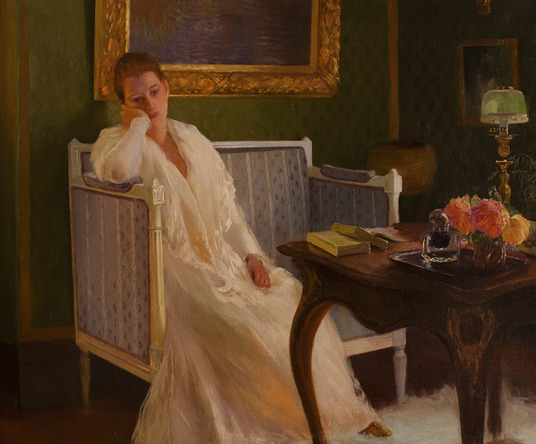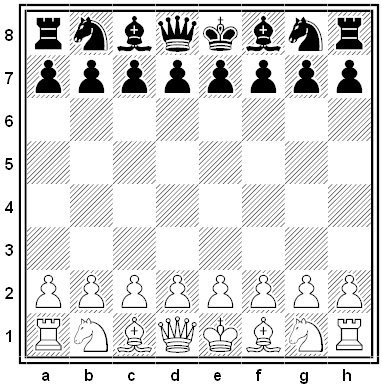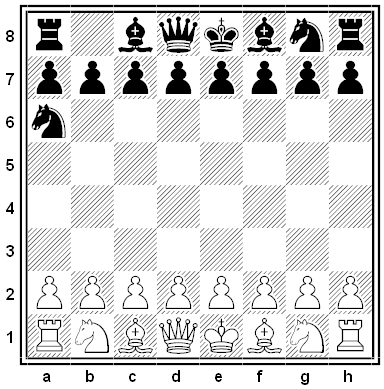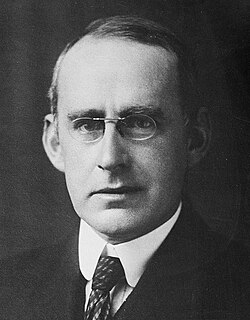‘John Carter,’ the young English convict whose poems brought him pardon, left a farewell message to his friends within the walls of his Minnesota prison. This ‘last will and testament,’ first printed in the weekly Prison Mirror, published in the penitentiary, was reproduced in The St. Paul Dispatch:
‘This is the last will and testament of me, Anglicus. I hereby give and bequeath my collection of books (amounting to some 6,000 volumes) to Mr. Van D., in memory of the not altogether unpleasant hours we spent together, hours marked by no shadow of animosity at any time. We could not be happy, but we were as happy as we could be. To Dr. Van D. I leave my mantle of originality, and what remains of the veuve cliquot, in memory of encouragement when I most needed it.
‘To the editor I leave my space on this journal and the best of good wishes in memory of his unfailing courtesy and forbearance.
‘To Uncle John and to Sinbad go my heartiest wishes that we may meet soon in some brighter clime.
‘To Mr. Helgrams, my best dhudeen and the light of hope.
‘To young Steady and to Mr. D. M., my poetic laurels, which they are to share in equal measure.
‘To the boys in the printing office, the consolation of not being obliged to set up my excruciating copy.
‘To the tailors (and to the boss tailor in particular, ‘Little Italy,’) my very best pair of pants.
‘To Jim of the laundry, — but nothing seems good enough for Jim, the best soul that ever walked.
‘To Porfiro Alexio Gonzolio, a grip of the hand.
‘To Davie, pie, pie again, and yet more pie.
‘To the band boys — why, here’s to ’em! May they blow loose.
‘To my fellow pedagogues, “More light,” as Goethe put it, more fellowship; it would be impossible to wise them. They know where I stand and I know where they stand.
‘Lawdy! lawdy! If I hadn’t forgotten Otto and his assistant. Here’s all kinds of luck to ’em, and no mistake about it.
‘Finally to all those not included hereinbefore (for various reasons), here’s to our next merry meeting. To those in authority, thanks for a square deal. To mine enemy — but I mustn’t bul-con him.
‘Gentlemen, I go, but I leave, I hope I leave my reputation behind me.
‘Anglicus.’





